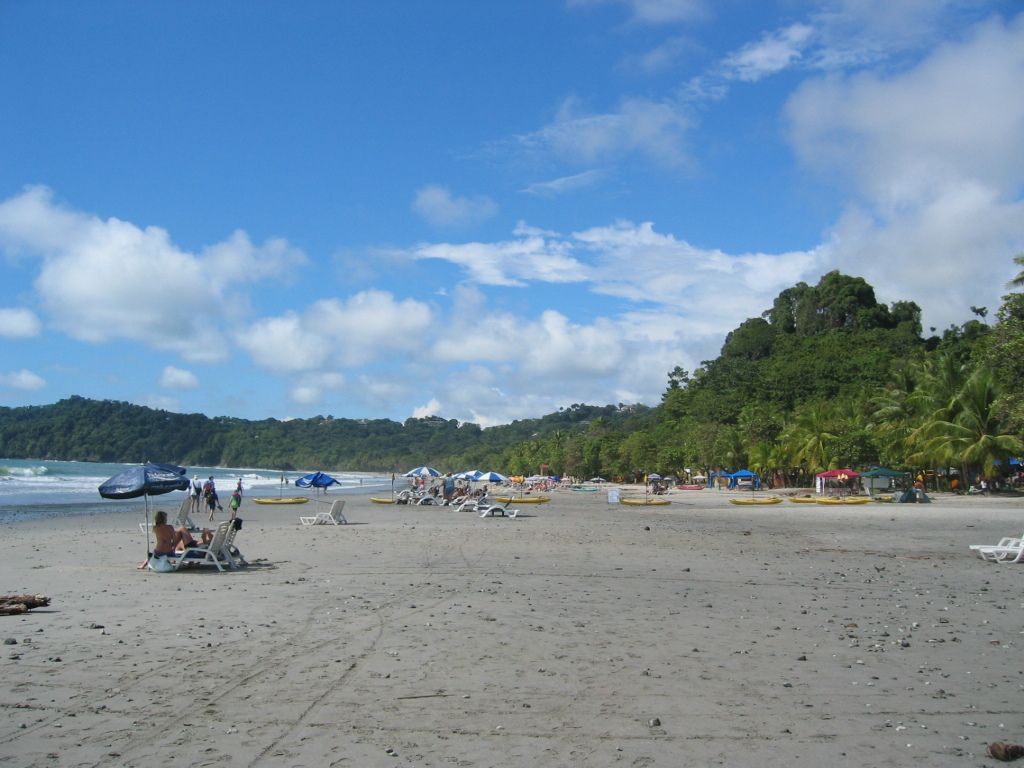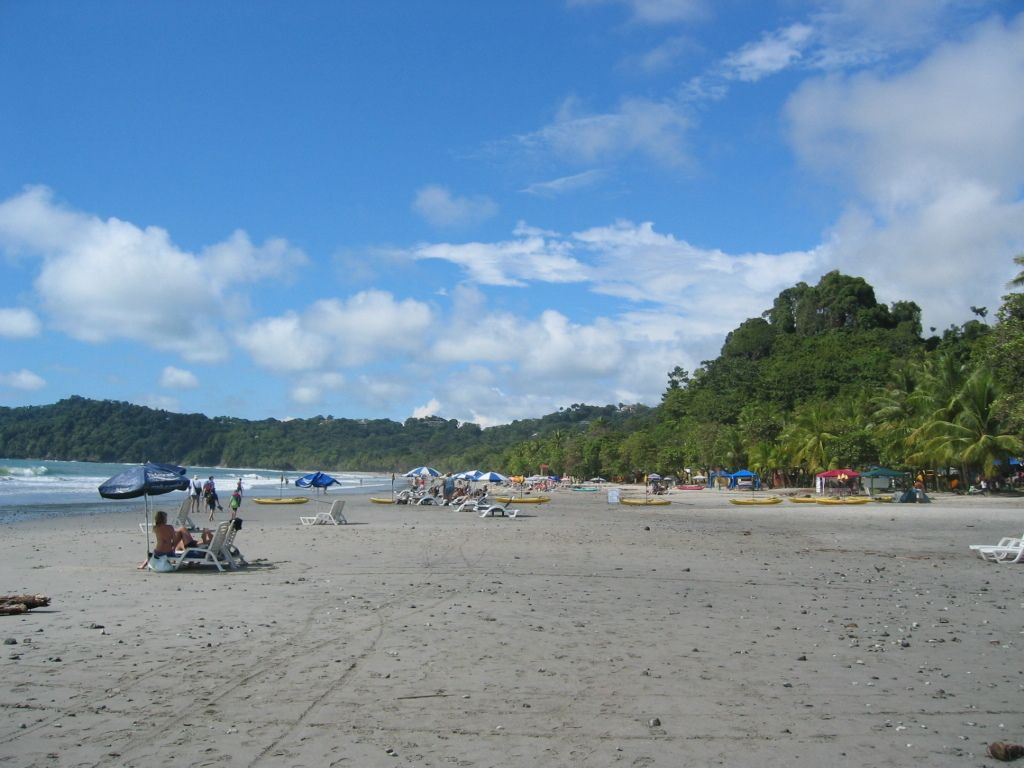Rejuvenating Sedan Square: Construction Initiative Launches in Bremen-Vegesack
Bremen's Sedan Platz Transformation
Situated in the heart of Vegesack, Bremen, a radical facelift is on the horizon for Sedan Platz. This project, coordinated by Bremen's economic development agency, WFB, is designed to boost the area's allure and reduce vacancies.
Kicking off in February, the demolition of the former Asia market and a slice of the tax office in Vegesack city center will clear the way for a sleek, four-story business building. This architectural masterpiece will be the brainchild of local architects Hilmes and Lamprecht.
According to project investor Olaf Mosel of M Projekt GmbH & Co. KG, Sparkasse Bremen AG will occupy the two lower floors, while the upper levels will house a physiotherapy practice and an ophthalmologist. The building, already 100% rented out, is slated for completion in fall 2026.
A Hereditary Right to the Market Hall
In the second construction phase, 25 modern owner-occupied apartments will sprout above an underground garage. The third phase will focus on the market hall at Sedan Platz, with investors Mosel and Nagel acquiring a hereditary building right from the city of Bremen.
Once Tedi, the current tenant, vacates in 2029, a four-story residential and business building is planned for this location. The ground floor will cater to gastronomy and retail, infusing life into Sedan Platz.
The contracting parties have opted to keep the purchase price under wraps.
A Vibrant Quarter Awaits
Senator for Urban Development Öczlem Ünsal views the development of Sedan Platz as a pivotal catalyst for Vegesack's district development: "By blending living, working, and engaging public spaces, we're creating a bustling quarter with a high quality of life."
Economy Senator Kristina Vogt underscores the importance of such investments: "Urban development projects like this construction project are crucial for fostering vibrant quarters, minimizing vacancies, and revitalizing retail and dining."
WFB welcomes the project, highlighting how strategic investments and collaborative endeavors between private actors and the city of Bremen can elevate the appeal of a district. "We're thrilled about the new developments at Sedan Platz," beams Andreas Heyer, CEO of WFB.
Though specifics about the Sedan Platz Bremen development remain scarce, a glimpse into typical urban renewal projects in European cities reveals a promising vision:
Possible Elements of the Sedan Platz Bremen Redevelopment
- Residential Units: Modern apartments and condominiums catering to diverse income levels and family types.
- Business/Office Spaces: Spaces for startups, creative workspaces, and local businesses.
- Retail: Ground-floor facilities for shops, cafés, and services, promoting a lively street atmosphere.
- Market Hall Redevelopment: Restoration of historic market hall structures, modern facilities, and promotion of local produce vendors and specialty food stalls.
- Community and Events Spaces: Zones for cultural events, food festivals, and community gatherings, driving foot traffic and local engagement.
- Public Spaces: Creation or enhancement of plazas, parks, and pedestrian zones to boost walkability and social interaction.
- Transportation Improvements: Enhancements to public transit, cycling infrastructure, and pedestrian routes.
- Sustainability: Integration of green roofs, energy-efficient buildings, and sustainable urban drainage systems.
Keep an eye on the City of Bremen’s official planning or urban development pages for the latest updates on this exciting project.
- The four-story residential and business building planned for the market hall at Sedan Platz in its third phase will likely host a mix of modern apartments, local businesses, and ground-floor facilities for shops, cafés, and services, aiming to create a bustling quarter with a high quality of life.
- Investors Mosel and Nagel, who have acquired a hereditary building right from the city of Bremen for the market hall at Sedan Platz, will reportedly be integrating sustainability features such as green roofs, energy-efficient buildings, and sustainable urban drainage systems into the redevelopment plan, emphasizing the project's commitment to business, real-estate, and finance.





